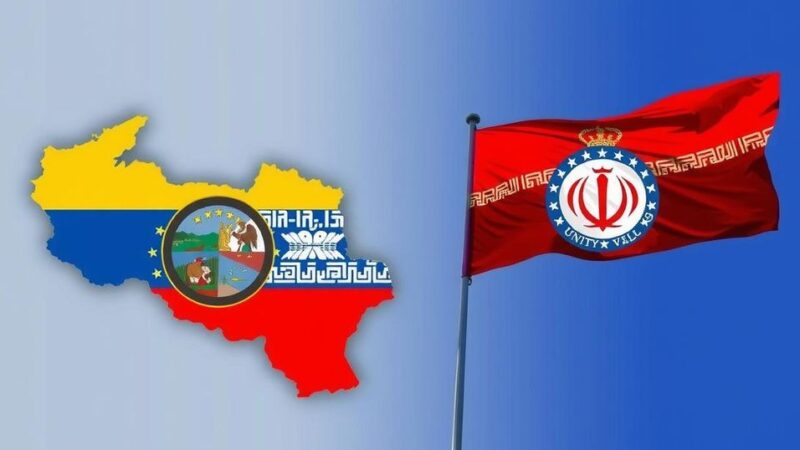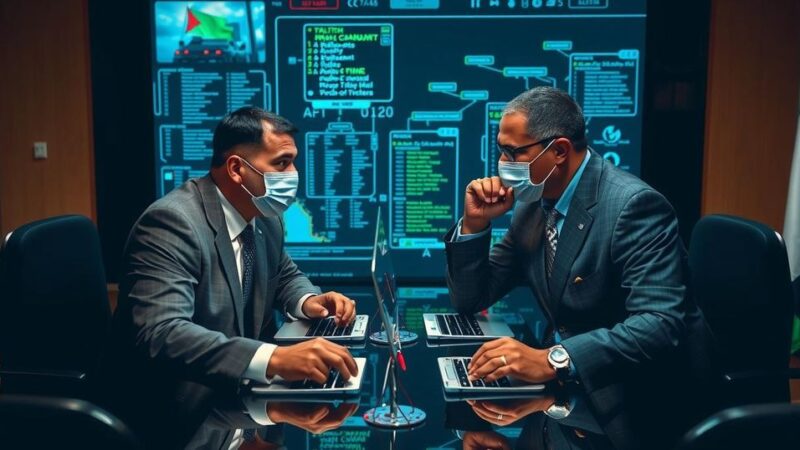The CEPO has urged the South Sudanese Presidency to ensure effective implementation of the Revitalized Agreement on the Resolution of the Conflict (R-ARCSS) amid concerns about funding and governance. Edmund Yakani emphasized that failure to act responsibly could undermine upcoming elections in December 2026. CEPO will monitor the performance of government leaders concerning the R-ARCSS as the nation prepares for elections that have been postponed due to insufficient preparedness.
The Community Empowerment for Progress Organization (CEPO) has called upon the Presidency of South Sudan to actively engage in the meaningful implementation of the unresolved tasks outlined in the Revitalized Agreement on the Resolution of the Conflict in the Republic of South Sudan (R-ARCSS). CEPO’s Executive Director, Edmund Yakani, emphasized the necessity for adequate and timely funding for the R-ARCSS’s mechanisms to fulfill their obligations during the two-year extension of the transitional government. He cautioned that if the Presidency continues with its past performance over the next years, the prospects for credible, free, fair, and peaceful elections in December 2026 would be severely diminished. According to Yakani, it is imperative for the Presidency to fulfill its fundamental duty by convening regular meetings to facilitate the genuine execution of the pending tasks of the R-ARCSS during this extended transitional period. Furthermore, he expressed concern that self-interested individuals may have overtaken the Presidency, which could hinder the progress of accomplishing the pivotal chapters of the R-ARCSS. CEPO plans to closely monitor the actions of the Presidency during the additional two years of the transitional government, particularly aiming to identify government officials who are uncommitted to fully implementing the R-ARCSS. Although South Sudan was initially set to conduct its first General Election next December, this has now been postponed to December 2026 due to inadequate preparedness. The international community has increasingly voiced frustration regarding South Sudan’s political leadership, particularly in light of the long-standing tensions between President Salva Kiir and First Vice President Riek Machar, which have consistently impeded advancements towards the general elections.
The Revitalized Agreement on the Resolution of the Conflict in the Republic of South Sudan (R-ARCSS) was established to foster peace and stability following years of civil unrest in the country. Its implementation is crucial for laying the groundwork for democratic governance and facilitating a successful electoral process. However, significant challenges have persisted, particularly concerning the effective engagement of the political leadership and the necessary oversight to ensure that commitments outlined in the agreement are met. The CEPO’s focus highlights the need for accountability from the Presidency, especially in light of the postponed elections and the historical feuding between the country’s leaders, which complicates the path to lasting peace and effective governance.
In conclusion, the call from the Community Empowerment for Progress Organization for the South Sudanese Presidency to take decisive action concerning the implementation of the R-ARCSS is timely and critical. The need for adequate funding and a committed approach to governance stands out as imperative for restoring hope for credible elections in December 2026. Continuous monitoring of the Presidency’s actions will be essential in determining the true commitment to the peace process and electoral preparedness in South Sudan.
Original Source: www.radiotamazuj.org






